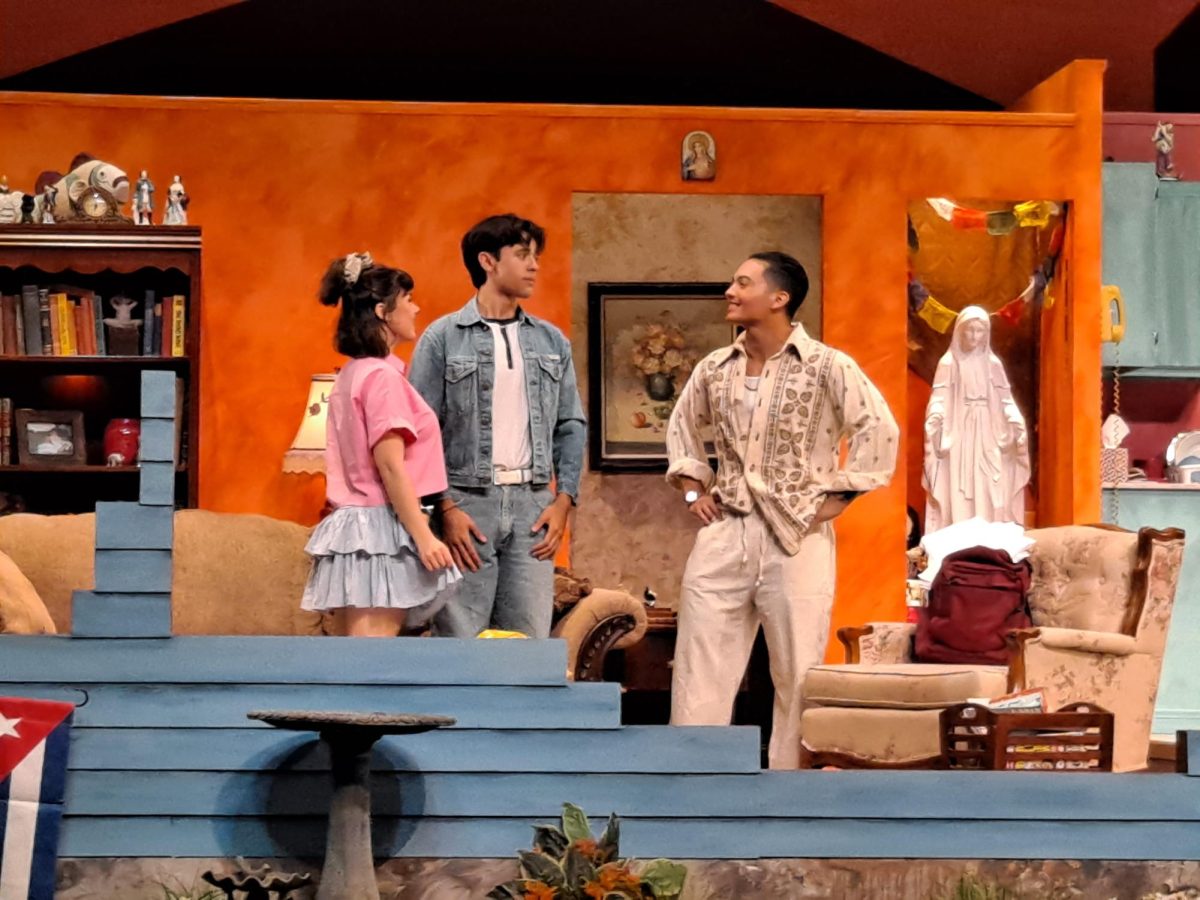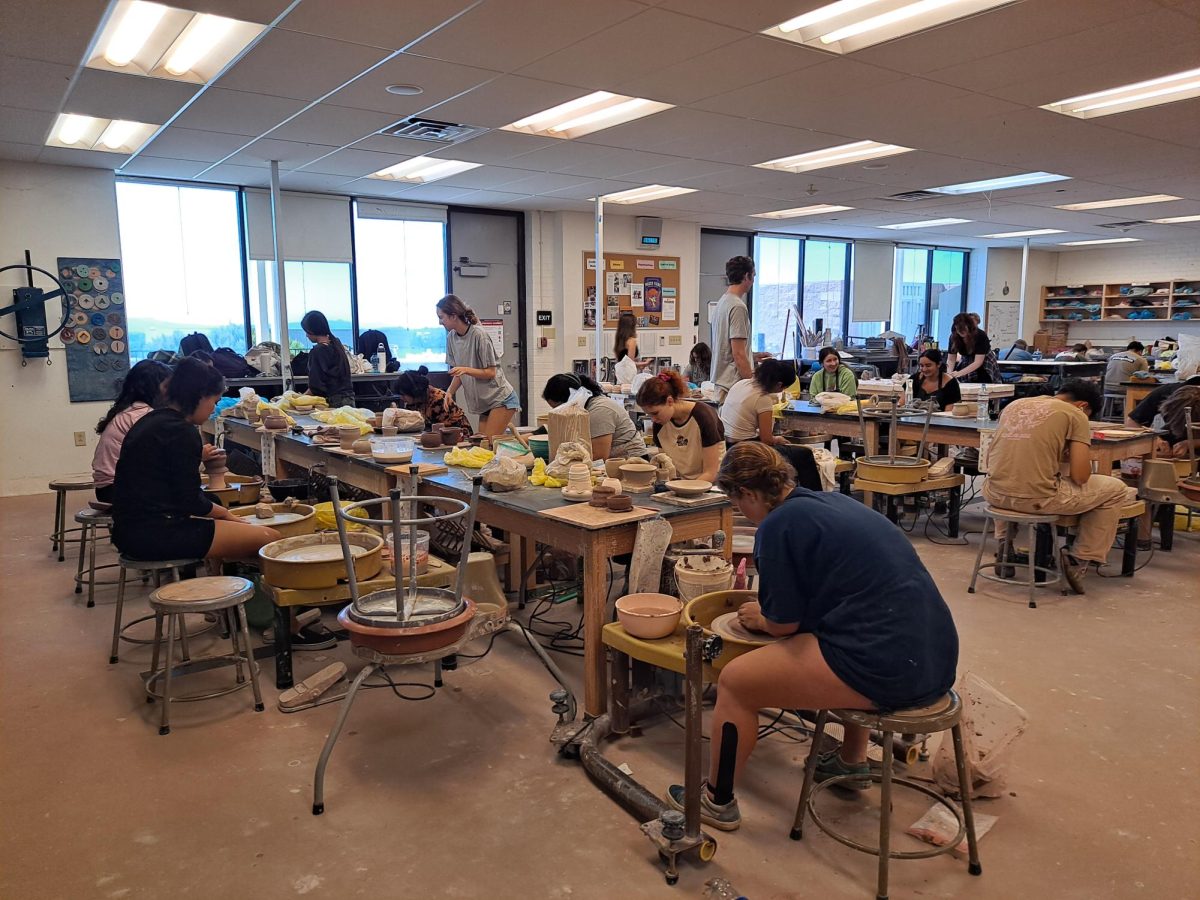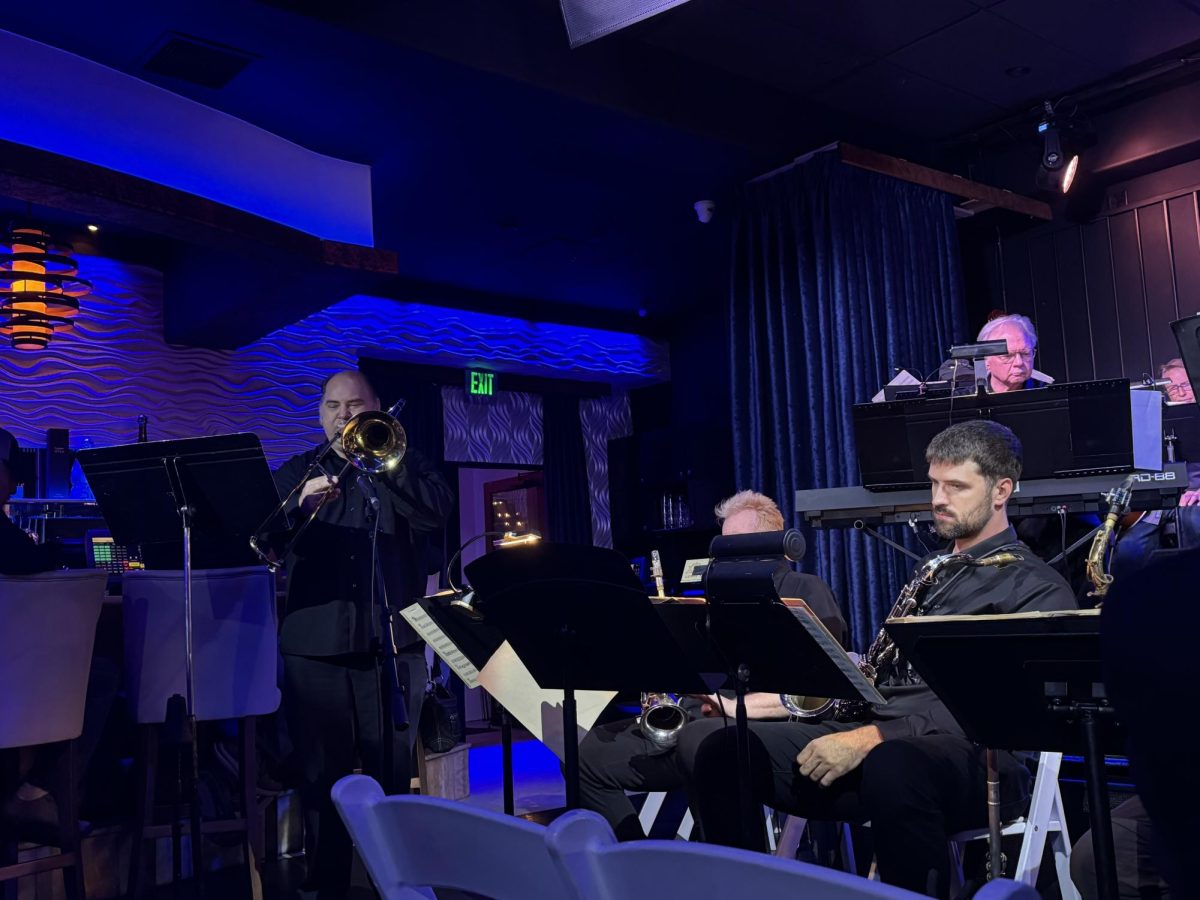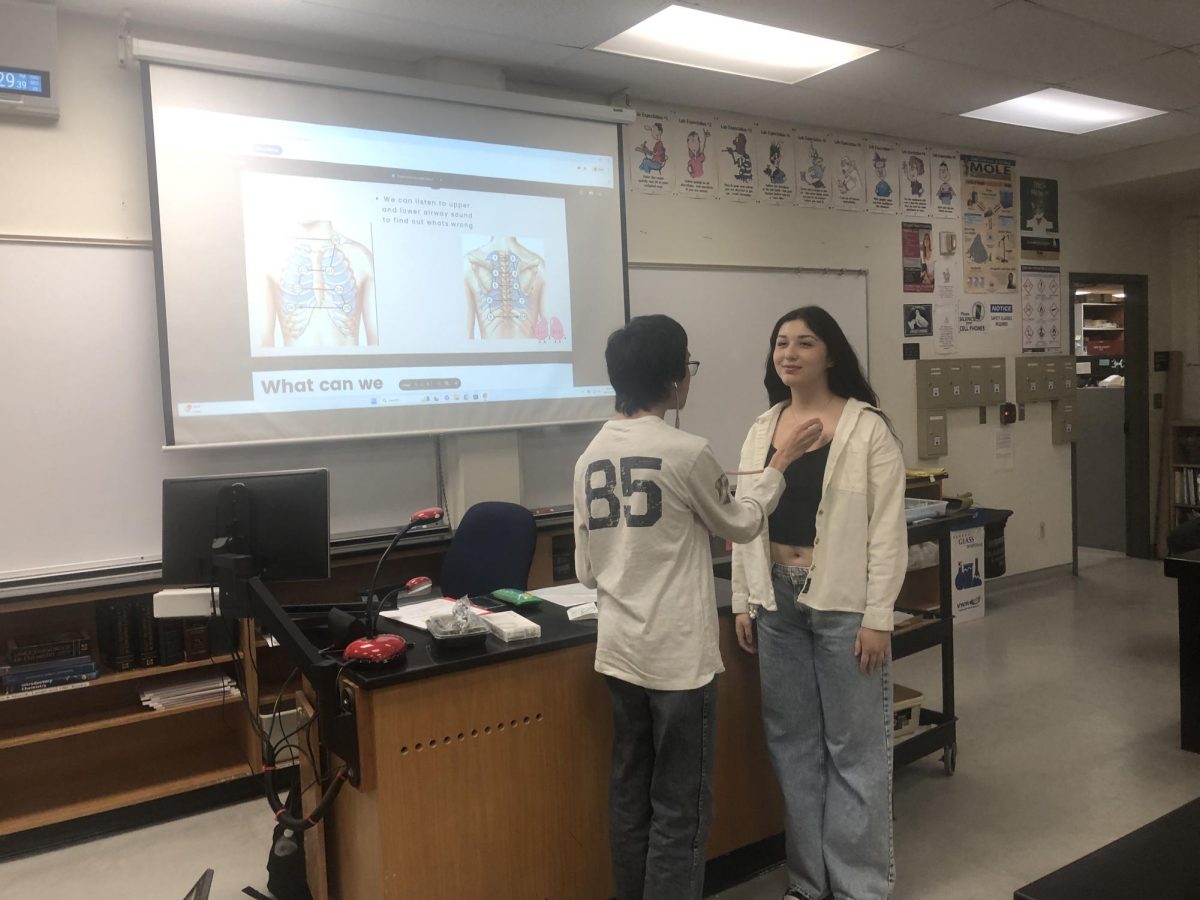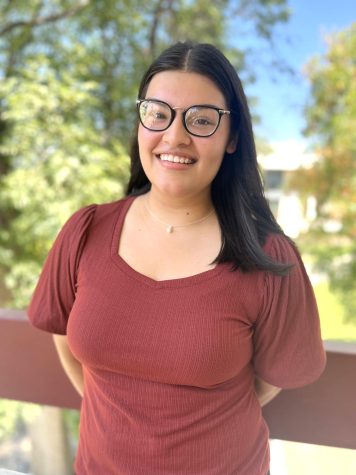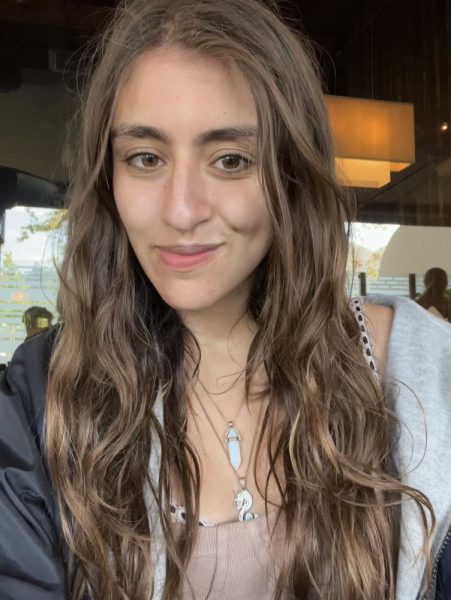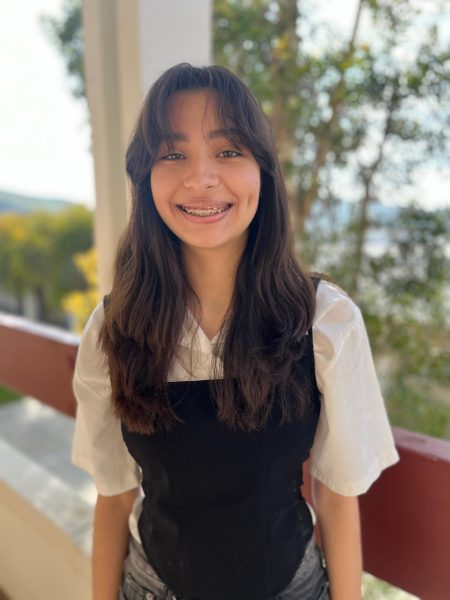The Moorpark College Theatre Arts department presented their highly-anticipated Main Stage production “The Curious Savage” to local audiences earlier this month.
Set in the 1950s, the comedic play follows Ethel Savage, an elderly woman institutionalized in The Cloisters sanatorium by her greedy stepchildren after she intends to spend her inheritance on nonmaterialistic experiences. Instead of feeling punished, Savage finds relief in the sanatorium, as the kind residents give her hope in a brighter world.
The play has been widely praised for its ingrained commentary on mental health, as members of the institution are used to dismiss the stigma attached to mental illness through their good nature.
Moorpark College Theatre Arts Instructor Suzanne Fagan directed “The Curious Savage” and commented on her experience working with her students dedicated to capturing the nature of John Patrick’s play.
“When I read ‘The Curious Savage,’ I liked it and I thought it was good,’ Fagan described. “But, these actors brought so much to the show that I like it even more, which has never happened to me before.”
The cast, composed of 24 students, brought the warm comedy to life through new techniques embedded into the Moorpark College Theatre Arts curriculum, including the exertion of “animal studies” conducted at the Santa Barbara Zoo.
Popularized by drama teacher Lee Strasberg, the exercise strengthens physical characterization through an actor observing and interpreting the behavior of an animal that aligns with their character. It is through these immersive experiences that the performers felt comfortable approaching these complex roles.
“The characters who play the guests of The Cloisters, are comfortable with the eccentric behavior of each other, and even prize it. It was essential that the cast felt the same way about each other,” Fagan wrote in the play’s program. “Kindness and respect for each other’s little quirks, and different ways of approaching their characters needed to be present for everyone to feel safe to explore, fail and grow.”
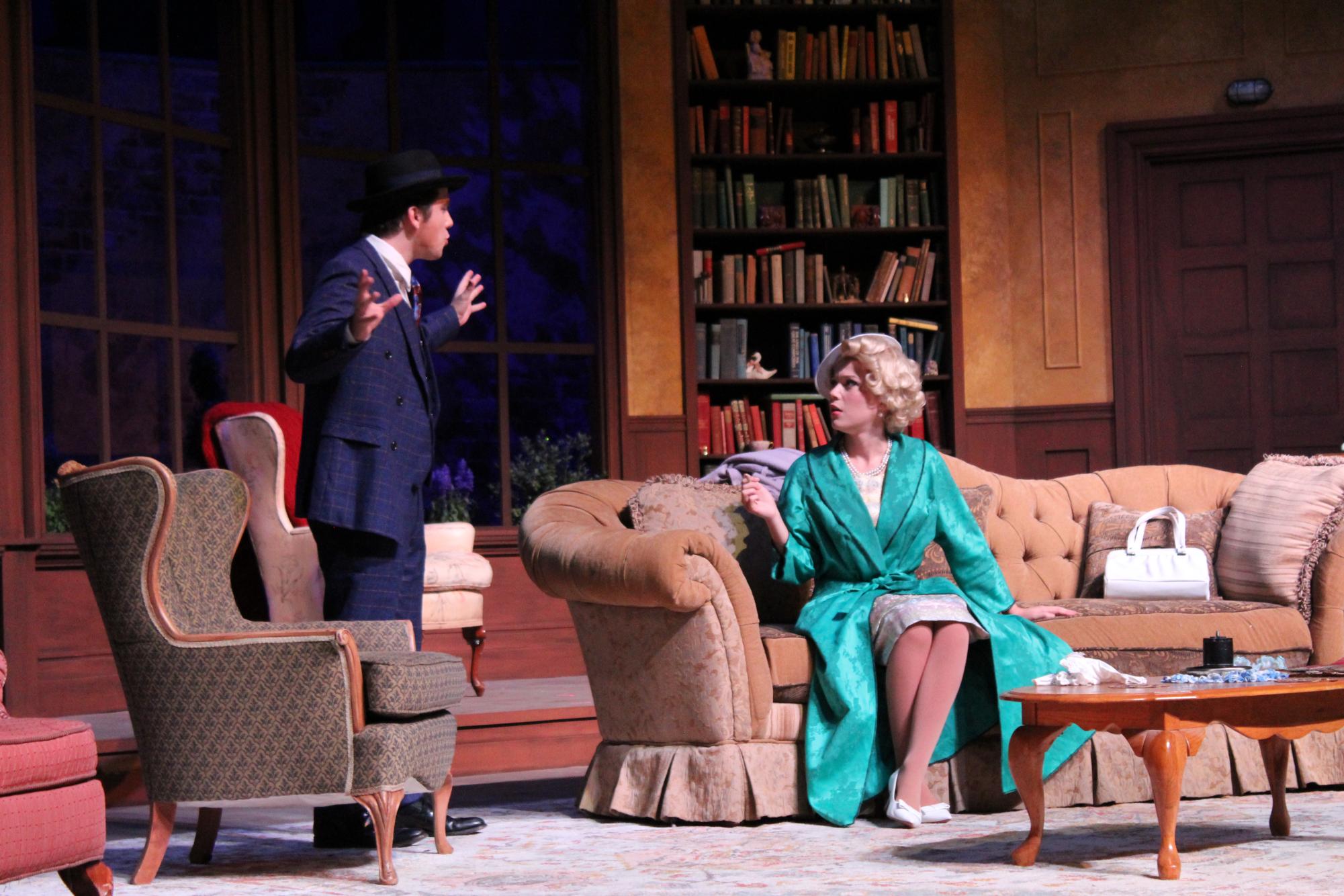
With these additional perspectives from animal studies and in-class character analysis, second-year Theatre Arts student Kourtney Westphal felt supported approaching her character, Mrs. Savage, on stage.
As her first lead role, Westphal found the process of fully getting into the kind, wealthy widow to be challenging.
“In acting, you bring a lot of yourself into the character,” Westphal said. “Which is great because it’s how you express yourself, but there’s also parts that aren’t like me, so I have to think, ‘That’s what I would do, but what would she do?’ and follow your instincts at the same time.”
In the play, Mrs. Savage sees contradictory sides of humanity within her life, as the greed and apathy of her stepchildren clash with the kind nature of the psychiatric patients. As an employee at an elderly home herself, Westphal described seeing commonalities adjacent to sanatoriums at her work.
“I read it over the summer and I thought, ‘Wow that’s beautiful’ because I saw a lot of similarities in my job and in the play,” Westphal said. “In terms of perspective, I think I just realized how kind it was in the sanatorium as opposed to the outside.”
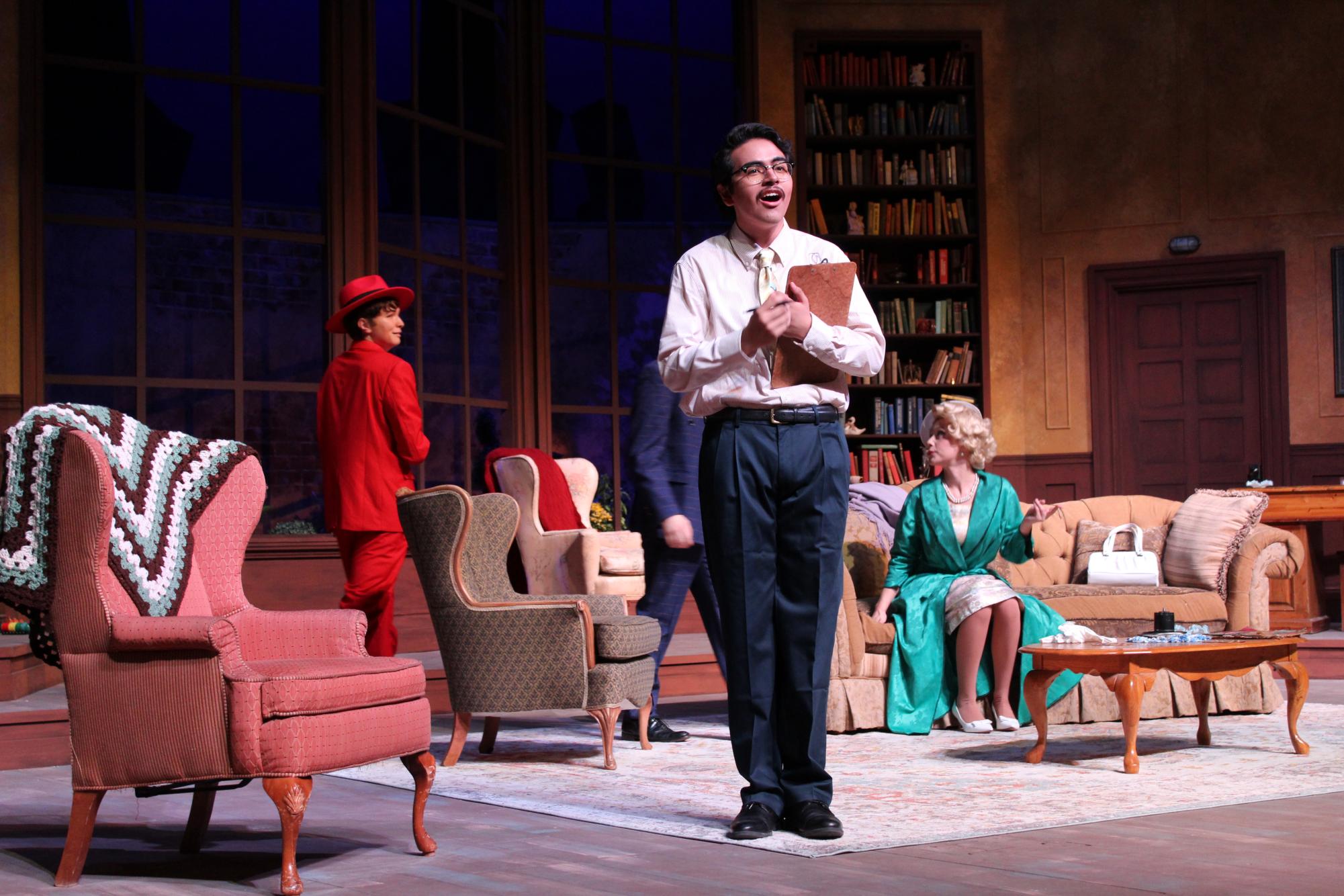
The curriculum also included a historical study on sanatoriums through watching videos on 1950s facilities as a class. Actors individually came up with reasons why their characters ended up in the institution, including LGBTQ+ discrimination, PTSD, misdiagnosis and overprescribing medications.
Tessa Hallock, a second-year Film, Television and Media Arts student, described the reasons why her character, Florence (Flo-Jo), was likely placed in The Cloisters.
“Flo-Jo’s this motherly character that tries to keep everybody in line,” Hallock said. “She’s in there because she carries around this doll that she thinks is her son and thinks that he’s alive. So what I’ve been saying is that maybe her child died of the measles and was taken away from her.”
The department supplemented the play’s advocacy for mental health awareness by promoting the Moorpark College Student Health Center in the program. The service will be hosting a variety of mental health groups this fall, including seminars on “Anxiety and Stress Management” and “Trauma Healing.”
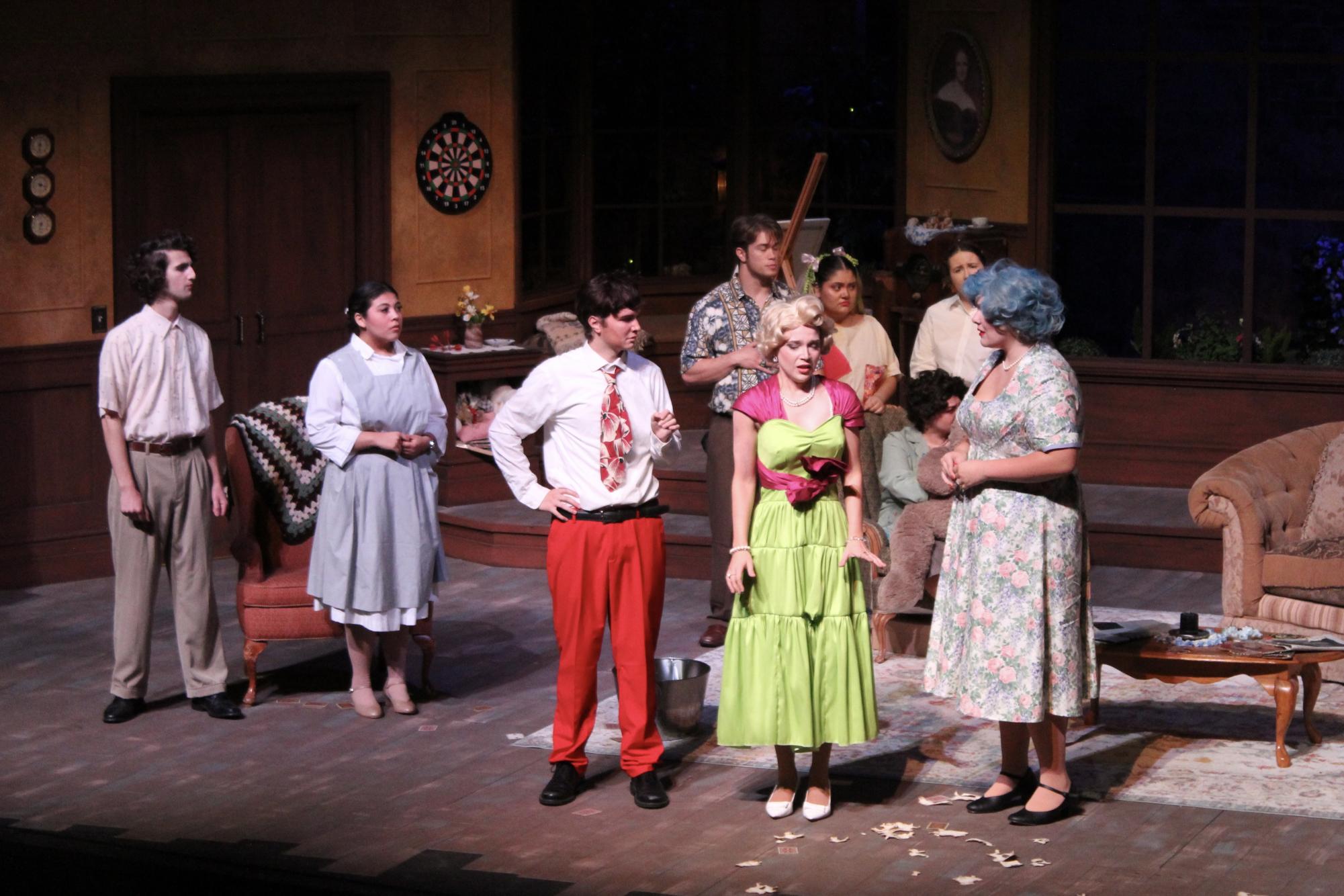
The production also consisted of phenomenal efforts from technical theatre, including scenic construction, lighting and sound engineering, as well as costuming and makeup.
Theatre Technical Director Brian Koehler led stagecraft students in designing a larger-than-life set reminiscent of 1950s institutions. From towering window displays, grand bookcases and an assortment of vintage relics, the audience was immediately immersed in the gentle sanatorium.
Several students worked around 20 hours a week contributing to the set’s production. Zachary Pelc, a technical theatre major, took on the role of stage manager while also physically contributing the set.
“This show has been in production since August,” Pelc said. “I helped build some of the sets, I also did scaling, which is basically when you transfer a paper layout, like a floor layout plan, onto an actual stage. Every one-eighth of an inch was one foot in real life.”
Aside from this stagecraft, Pelc took on pivotal responsibilities to ensure the show ran smoothly from all aspects of tech.
“When you’re stage manager, you’re kind of basically the captain of the ship once the show is handed to you,” Pelc explained. “Once the show actually starts, I have to make sure everyone is standing in their correct place. I need to make sure everyone is calling cues on time, and that I’m not lagging behind.”
As a collaborative effort between all sectors of the Theatre Arts department, “The Curious Savage” residency inspired nine audience groups at the Performing Arts Center with its push to destigmatize mental health.
While the theatrical run of “The Curious Savage” has come to an end, Moorpark College’s Theatre Arts program will present “Original Student One Acts” beginning Nov. 30, as well as auditions for their spring production, “Sweeney Todd” starting in December.



